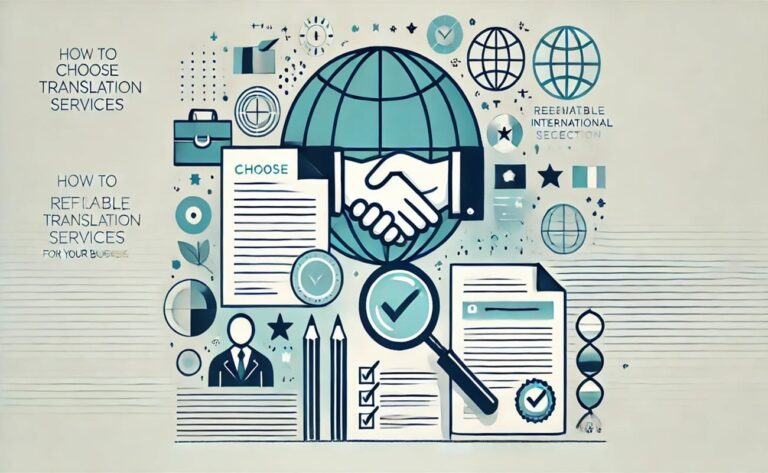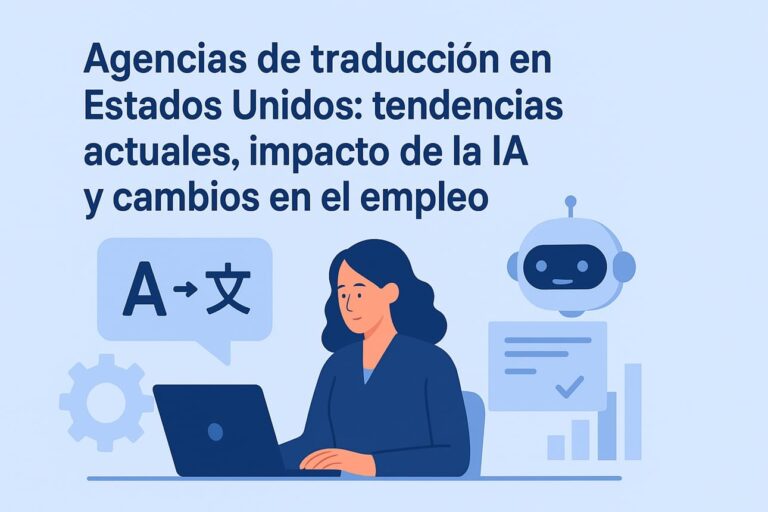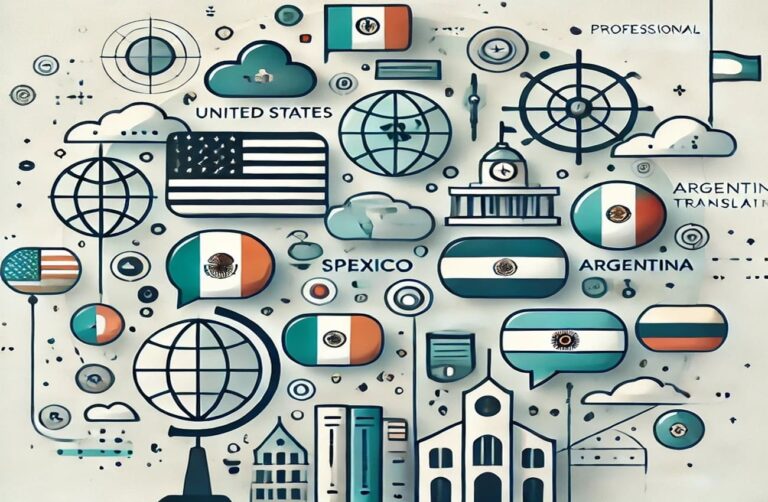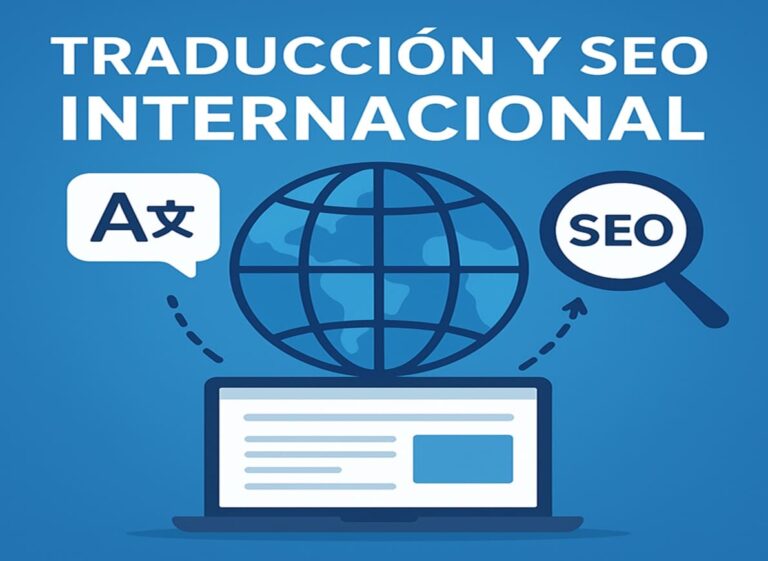Technological progress and AI integration: impact on the translation landscape
In the last five years, the translation industry has undergone significant transformations driven by technological progress, changing market demands and recognition of the crucial role of translators.
Technological progress and AI integration have profoundly impacted the translation landscape.
Machine translation and post-editing(MTPE): The integration of AI-driven translation tools has led to the widespread adoption of MTPE. Translators now frequently post-edit machine-generated translations, seeking a balance between speed and quality. While AI handles simple content, human expertise ensures accuracy and cultural relevance.
AI in literary translation: In 2024, Dutch publisher Veen Bosch & Keuning (VBK) initiated a trial with AI to translate a selection of commercial fiction titles into English. Despite incorporating human editing and requiring authors’ consent, this initiative generated debates about AI’s ability to capture literary nuances and possible implications for translators’ creative roles.

Market Dynamics and Economic Factors
The global translation market has experienced remarkable growth:
Recognition and Support for Translators
In recognition of the essential contributions of translators, several initiatives have been launched:
One of them is the Jon Fosse Prize: Norway introduced the Jon Fosse Prize for literary translators in November 2024, endowed with NOK 500,000 (£36,000) to recognise significant efforts in translating Norwegian literature into other languages. This award underlines the value of human translators in preserving literary quality.

Challenges and adaptations
The rise of AI has presented both challenges and opportunities:
Emerging trends
Several trends are shaping the future of the translation industry:
In short, the translation industry is going through a period of rapid change, balancing technological innovations with the irreplaceable value of human expertise. Translators continue to adapt, ensuring that communication between languages remains effective and culturally resonant.







